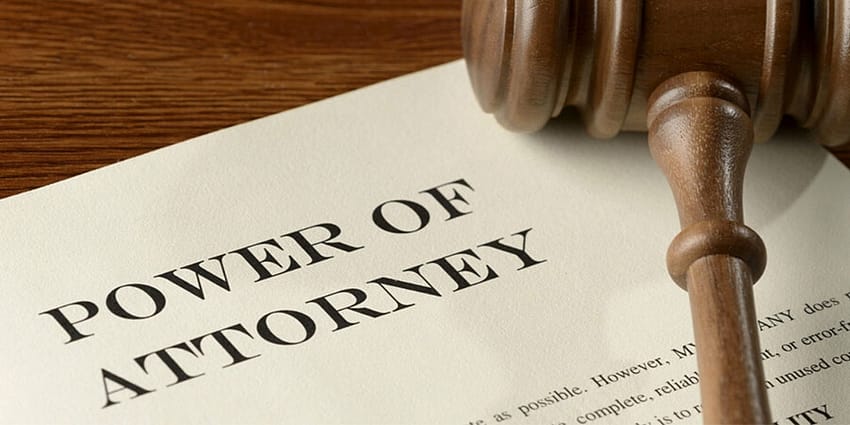Let us Learn all about the power of attorney for property registration in India.
A power of attorney (POA) is a legal document that enables someone to delegate authority to another person to act on their behalf. A power of attorney isn’t required to be registered in India. It is, nevertheless, always encouraged in order to improve the agreement’s legitimacy. The person who delegated authority is known as the “principal,”agent” or “attorney-in-fact.
➢ What’s the Procedure?
When the principal is unable to act on their own behalf on the property for any reason, a power of attorney is created. The authorities delegated could be related to finances, real estate, tax payments, and other legal procedures, among other things. The Powers of Attorney Act of 1882 governs the power of attorney in India. A wide POA would theoretically grant the agent all of the principal’s powers. It is possible to grant the agent the authority to:
● All contracts, deeds, bonds, mortgages, notes, cheques, draughts, and money orders must be completed.
● Manage, compromise, settle, and adjust to all real estate-related issues.
● Leasing, collecting rentals, granting, bargaining, selling, or borrowing and mortgages are all options.
● All of your stocks, bonds, and other investments should be sold.
● All tax returns, insurance paperwork, and other documentation should be filed and signed.
● Make, sign, execute, and deliver any contract or agreement; enter into contracts; and perform any contract, agreement, writing, or item to make,
● Make decisions about the donor’s or his minor children’s medical treatment.
● Sue is representing the principal.
Although the agent may have the ability to carry out all of the tasks specified above, not all powers of attorney are designed for this purpose. There are various distinct sorts of powers of attorney that can be utilized for the specified property type, depending on the demands of the agent.
➢ The Different Types of Powers of Attorney
1. A General Power of Attorney
2. Special Power of Attorney
3. Durable Power of Attorney
4. Medical Power of Attorney
If you want to learn more about will. Do read this article- IS A POWER OF ATTORNEY STILL EFFECTIVE AFTER A PERSON’S DEATH?
FROM HEMANT K MIDHA

